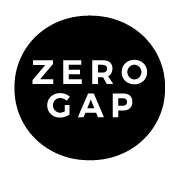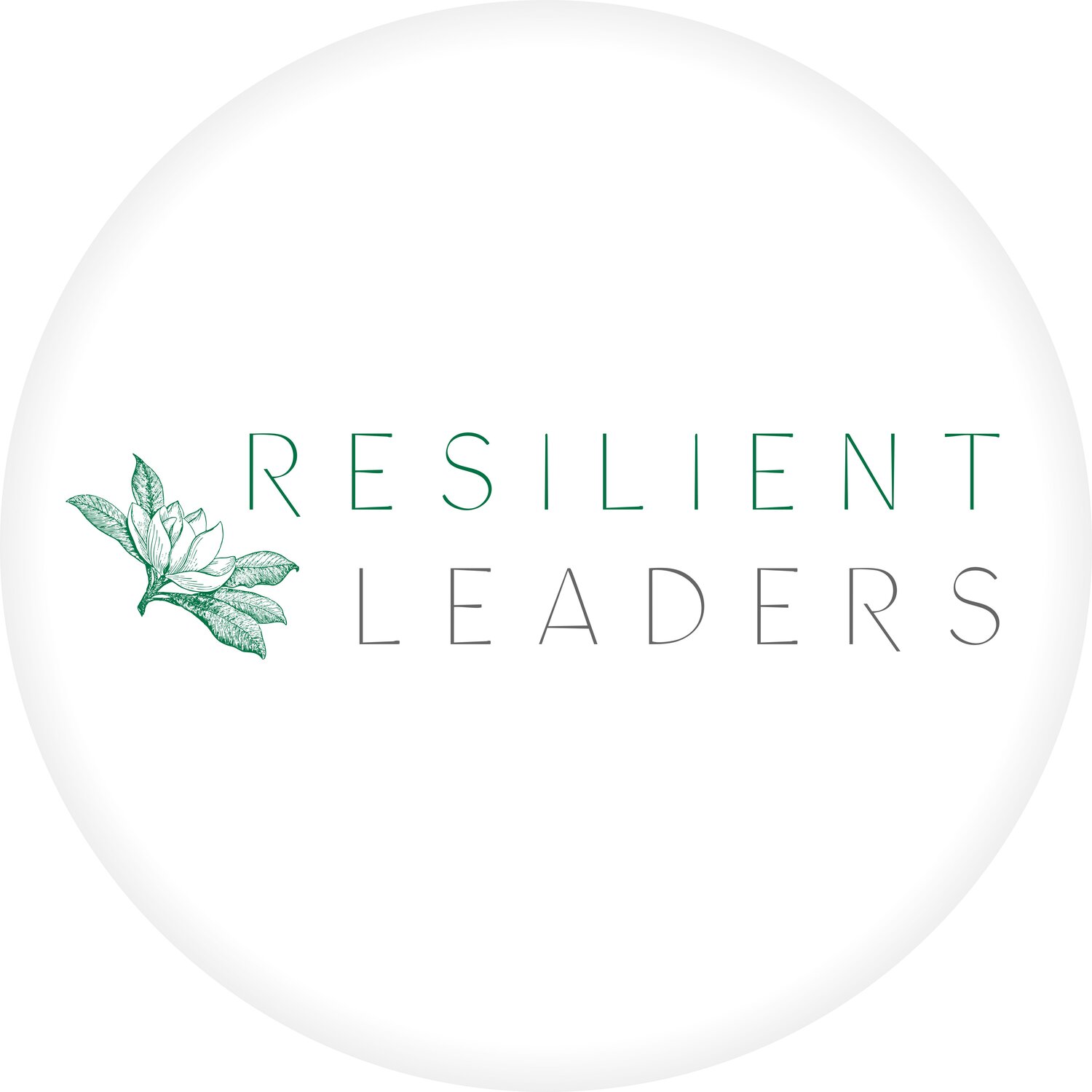Designing L&D Programs for Real Business Impact: From Theory to Application
L&D demands more than course creation it requires designing for application and measurable outcomes. Here's how you can create learning experiences that deliver genuine behavior change and business results.
Leverage the Learning-Transfer Evaluation Model (LTEM)
LTEM provides a framework to measure learning effectiveness across 8 levels, from basic participation to sustained behavior change. Different team members can utilize this model in complementary ways:
Designers incorporate knowledge checks and scenario-based practice
Strategists align learning outcomes with key performance indicators
Evaluators define concrete impact metrics
For maximum business impact, focus your design efforts on LTEM Levels 5-7: Decision-making, Task Competence, and Transfer. These levels move beyond theoretical knowledge to practical application.
Transition From Knowledge Recall to Skill Application
While traditional multiple-choice assessments have their place, true behavior change requires:
Applying skills in realistic scenarios
Understanding underlying principles, not just memorizing answers
Receiving performance-based feedback rather than simple scoring
When designing assessments, prioritize role-plays, simulations, or video responses over simple knowledge checks. These approaches more accurately reflect real-world application challenges.
Design Complete Learning Journeys
Effective learning extends beyond isolated courses. Consider:
Identifying specific behavior changes needed
Assessing existing knowledge with micro-assessments before full program development
Providing the right-sized solution whether that's a course, checklist, demonstration, or coaching session
Sometimes effective learning means removing unnecessary content to make room for what truly matters. This targeted approach respects learners' time and focuses on essential skills.
Implement Learning Record Stores (LRS)
An LRS collects comprehensive learning data across platforms using xAPI (Experience API). Unlike traditional LMS tracking focused on completion, an LRS provides insights into:
Actual learner behaviors and activities
Application frequency of newly acquired skills
Areas requiring additional support
This holistic view enables data-driven program improvements and demonstrates real impact.
Incorporate Adaptive Goal Setting
Modern learning systems can adapt to individual progress. When learners set goals, apply skills, share experiences, and reflect on their development, AI-enhanced tools can analyze this activity and personalize subsequent learning paths creating truly responsive development experiences.
Connect Learning Ecosystems with xAPI and AI
xAPI tracking extends beyond formal learning environments to capture development that happens during actual work. When combined with AI tools, this capability allows L&D teams to:
Identify learners ready for advancement
Pinpoint those needing additional support
Deliver timely reinforcement based on actual performance
This connected approach transforms fragmented learning experiences into comprehensive development journeys.
Build Digital and API Literacy
Today's L&D professionals need sufficient technical understanding to:
Identify what data their tools collect
Understand how APIs enable system integration
Collaborate effectively with technical teams
This technical foundation delivers tangible benefits:
For learners: timely, frictionless, relevant experiences
For organizations: demonstrable ROI, accelerated skill development, and measurable behavior change
The Path Forward
Effective L&D teams prioritize performance over content quantity by:
Using LTEM to focus on meaningful outcomes
Emphasizing real-world application
Leveraging technology for dynamic learning adjustment
Converting data into actionable insights
The ultimate goal isn't delivering training it's delivering meaningful change that advances organizational objectives.
Ready to transform your leadership development approach? Reach out to ZeroGap to learn about our Resilient Leaders program and how we can help your organization build impactful learning experiences that drive measurable results.

